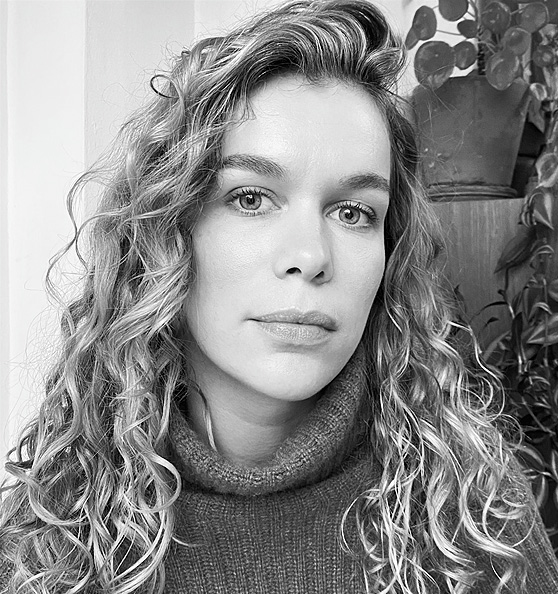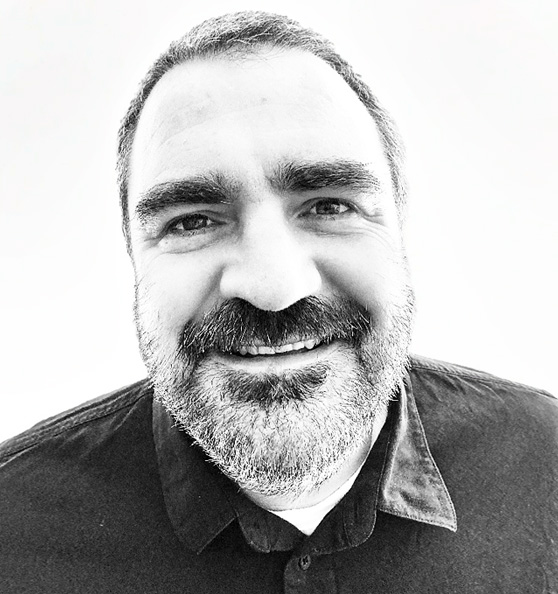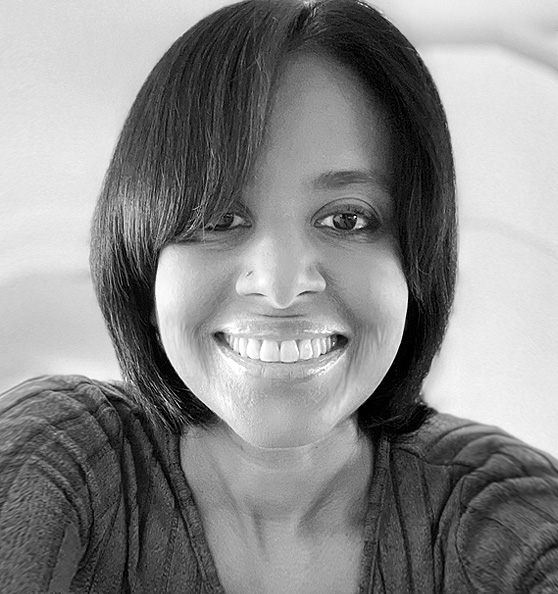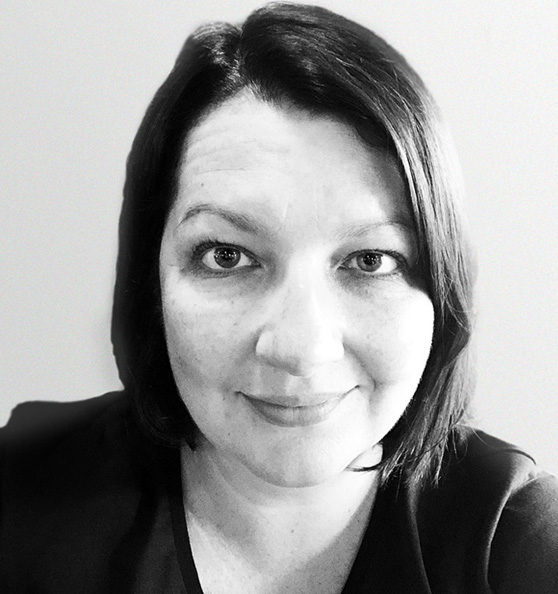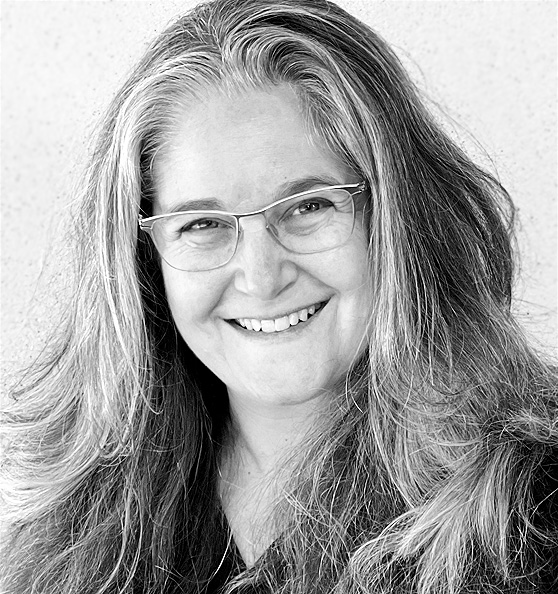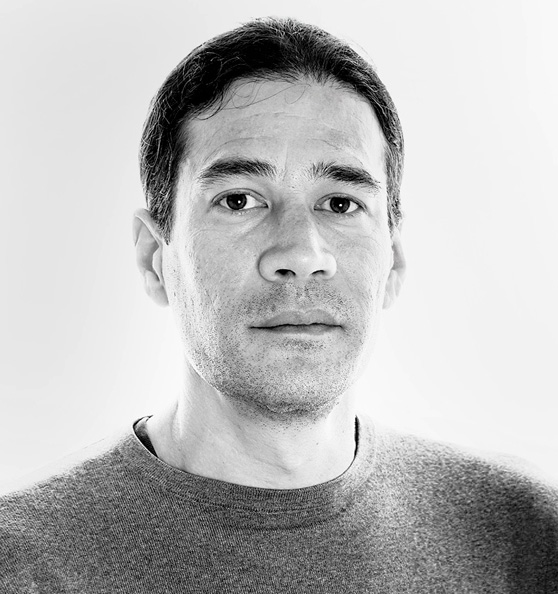What is Existential Psychotherapy?: Seen as a humanistic approach to therapy, existential psychotherapy is rooted in the search for meaning. It posits the existence of ‘givens’ and suggests that all humans experience internal conflict and symptoms of anxiety in their interactions with them and places value on the human condition as a whole.
The primary ‘givens’ are freedom and associated responsibilities, death, isolation and meaninglessness. Confronting these ‘givens’ might result in existential anxiety, and it is this anxiety that is at the root of common mood issues such as depression and anxiety.
How does Existential Therapy work?: These ‘givens’ are external to the individual, and existential psychotherapy has high regard for the capacity of humans for innate goodness and growth. In existential psychotherapy, your therapist will work with you to find a balance where you can be aware of the ‘givens’ without being overwhelmed by them.
Although there is some investigation of the past, existential therapy focuses more on the present and the future, placing an emphasis on the choices that lie ahead of you, and promoting the ability to approach life with wonder, curiosity and a sense of liberation.















